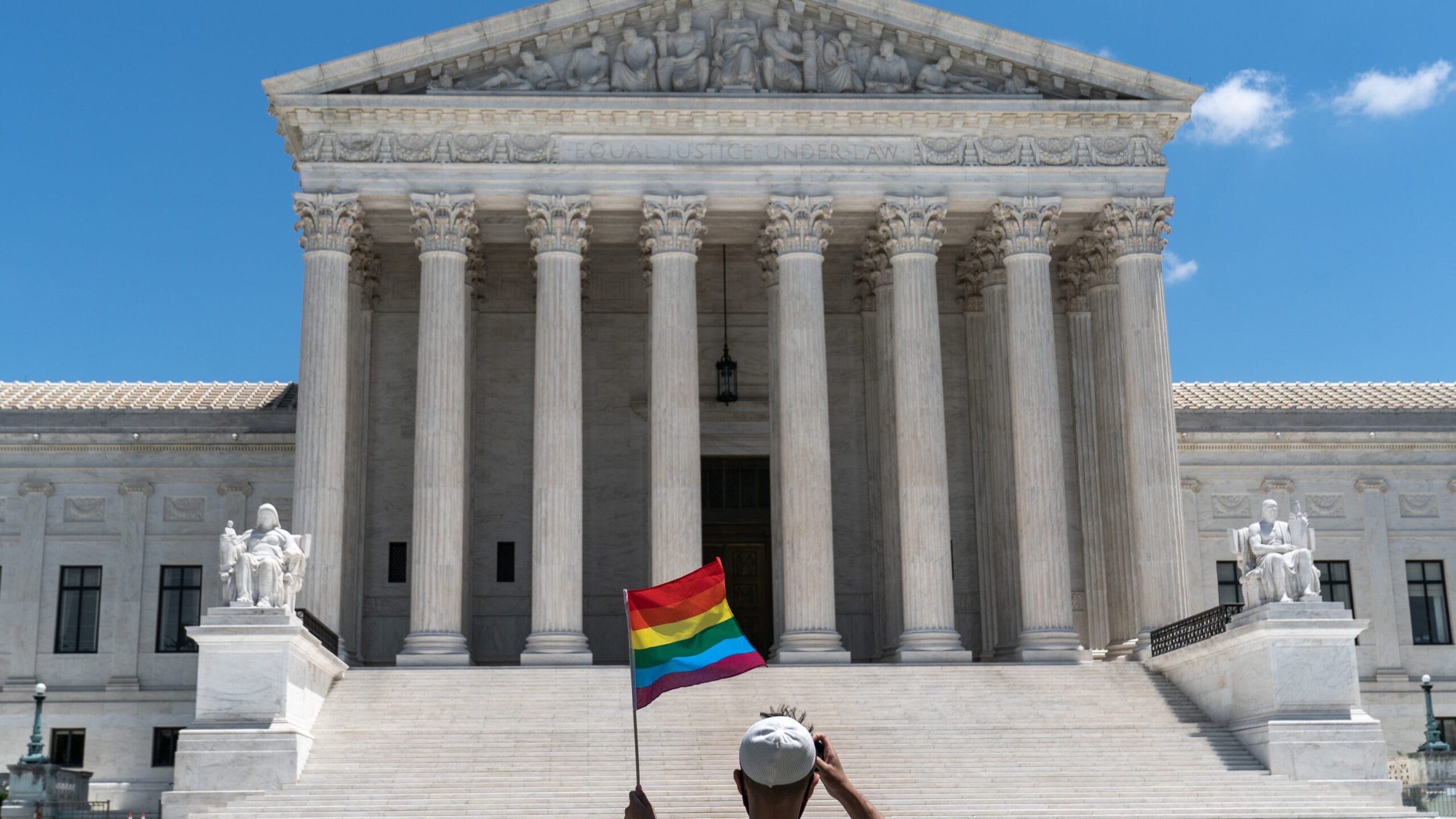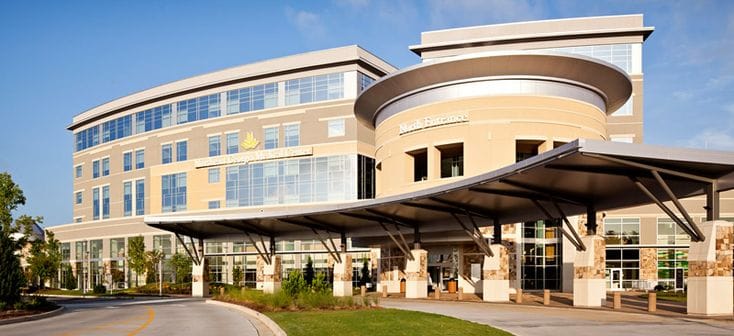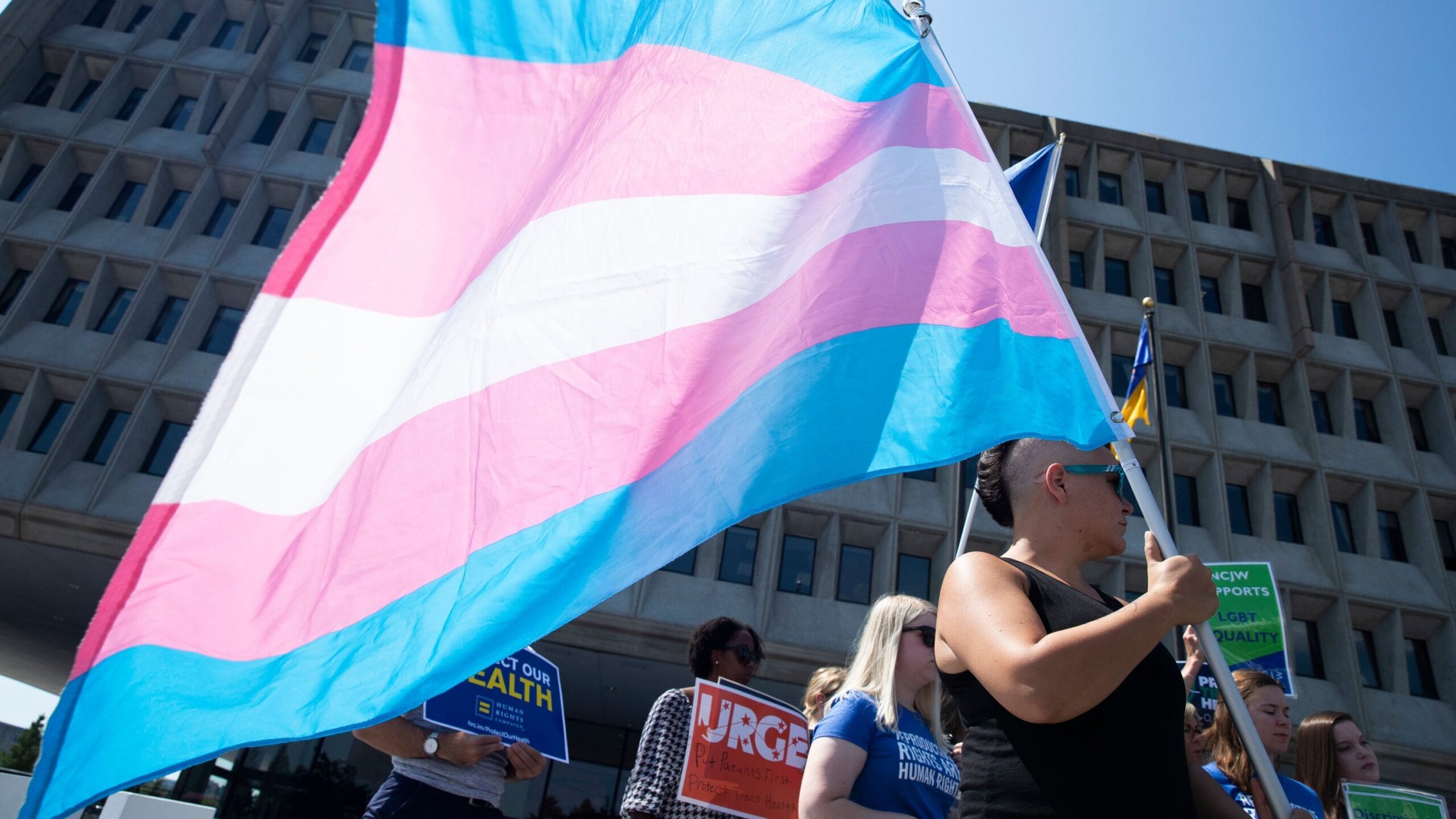As the respiratory virus season unfolds in Chicago, public health officials are reporting a notable spike in cases of influenza and respiratory syncytial virus (RSV). This trend is concerning as it coincides with the onset of colder weather, which typically heralds an increase in respiratory illnesses. The Chicago Department of Public Health (CDPH) has been closely monitoring the situation and is actively communicating with healthcare providers to ensure they are prepared to manage the rising patient numbers.
Influenza and RSV are both highly contagious viruses that primarily affect the respiratory system. Influenza, commonly known as the flu, can lead to severe illness, hospitalization, and even death, particularly among high-risk groups such as the elderly, young children, and individuals with pre-existing health conditions. RSV, on the other hand, is the leading cause of lower respiratory tract infections in infants and young children, but it can also affect older adults and those with weakened immune systems.
As of this month, hospitals and clinics across Chicago have reported an increase in emergency room visits related to respiratory symptoms. Many healthcare facilities have experienced a surge in patients presenting with flu-like symptoms, prompting them to activate their emergency response plans. This includes increasing staffing levels and ensuring that adequate supplies of antiviral medications and other necessary resources are available.
Health experts are emphasizing the importance of vaccination as the most effective way to prevent severe illness from influenza. The flu vaccine is recommended for everyone aged six months and older, and it is particularly crucial for those in high-risk categories. The CDPH has launched a campaign to encourage residents to get vaccinated, highlighting the safety and efficacy of the flu vaccine. Additionally, the health department is providing information about RSV, including signs and symptoms, to help parents recognize when their children may need medical attention.
In response to the surge in cases, public health officials are also reminding residents of the importance of practicing good hygiene. Simple measures such as frequent handwashing, using hand sanitizer, and avoiding close contact with individuals who are sick can significantly reduce the spread of these viruses. Residents are encouraged to stay home when they are feeling unwell and to seek medical advice if they experience severe symptoms.
The increase in flu and RSV cases is not unique to Chicago; many regions across the United States are experiencing similar trends. Experts attribute this rise to several factors, including the relaxation of COVID-19 restrictions, which has led to increased social interactions and gatherings. As communities return to pre-pandemic norms, the circulation of respiratory viruses is expected to increase.
Local health officials are also monitoring the potential impact of RSV on the healthcare system. RSV can lead to bronchiolitis and pneumonia in infants, requiring hospitalization for some cases. The combination of rising flu and RSV cases could strain healthcare resources, especially during the winter months when demand for medical services typically increases.
To address these challenges, healthcare providers are being encouraged to implement effective triage and treatment protocols to manage the influx of patients. This includes prioritizing testing for flu and RSV, as accurate diagnosis is crucial for determining the appropriate course of treatment. Antiviral medications for influenza are most effective when administered early in the course of the illness, making timely diagnosis essential.
As the respiratory virus season continues, public health officials are committed to keeping the community informed about the evolving situation. Regular updates on flu and RSV activity will be shared through various channels, including social media, community health events, and collaboration with local media outlets. The CDPH is also working closely with schools, childcare facilities, and community organizations to disseminate information and resources aimed at reducing the spread of respiratory viruses.
In conclusion, the spike in flu and RSV cases in Chicago serves as a reminder of the importance of public health measures during the respiratory virus season. Vaccination, good hygiene practices, and awareness of symptoms are key components in protecting individual and community health. As residents navigate this challenging time, cooperation and vigilance will be essential in mitigating the impact of these viruses on the population.



